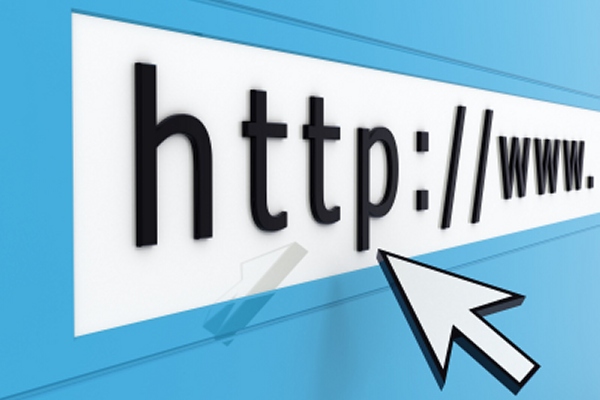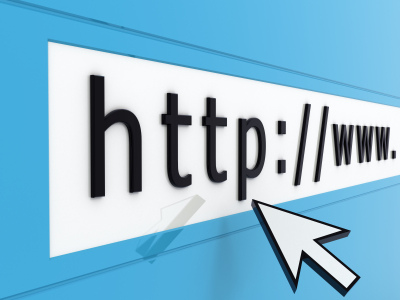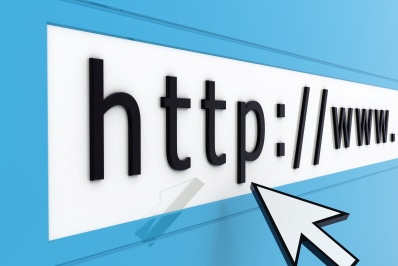The continued curse of cybersquatting
For some, it’s a problem confined to the early days of the Internet. But current figures suggest that the cybersquatting problem is, if anything, growing.

ICANN incurs several thousand pounds' worth of charges to have more than one arbitrator involved in the case even before legal costs are taken into account. And while success rates are believed to be high, it's still a gamble.
The firm is thus likely to enter into dispute via the Uniform Domain Name Resolution Policy (UDRP), and here ICANN sets four criteria for what it calls "evidence of registration and use in bad faith".
These cover buying a name to sell it on to the related trademark holder, registering a name to stop the relevant trademark holder using it itself, intending to use a name to disrupt a competitor's business, and buying a domain to commercially benefit from end-user confusion. Given that the overwhelming majority of cybersquatters are in it for the quick buck, in this instance it's surely a case of when, rather than if, the firm gets the domains it desires.
But there are no guarantees, and should the UDRP not rule in its favour, Pizza/Pasta Hut would have to resort to the courts to get the decision overturned. All the while, the marketing campaign continues as the domain name saga drags on.
It's not just Pizza/Pasta Hut that's been a victim of this in recent times. The tumultuous financial state of the world has led to many banking organisations moving, and seemingly within minutes of speculation arising, domain names are being registered. You can't imagine that Lloyds TSB/HBOS, however, would have much trouble getting hold of www.lloydstsbhbos.com.
It's worth noting, too, a less-publicised but just as prevalent worry. And that's when firms are lax at renewing their domains. Granted, many safeguards are put into the system to allow businesses ample time to do so, but consider the number of domains that, rather than being part of a firm's asset book, actually reside in the name of an employee. Should said employee leave a business, then domain renewal reminders won't necessarily get to the right people, and the names may quietly slip back onto the market, into the hands of gleeful opportunists. It's understandably been isolated as an area where businesses need to tighten up their policies.
Protection
Get the ITPro daily newsletter
Sign up today and you will receive a free copy of our Future Focus 2025 report - the leading guidance on AI, cybersecurity and other IT challenges as per 700+ senior executives
It's clear to see that many years after cybersquatting was first cited as a serious business concern, it remains a significant problem. The importance of the web to business is increasingly vital, and as more firms rely on it and the Internet continues to expand, more top-level domains are being introduced by ICANN. This, in turn, introduces more opportunities for cybersquatting, and more headaches for stretched IT departments.
And while ICANN puts protections in place, particularly where new domain names are concerned, it's clear that the assorted pieces of policy and legislation aren't matching the increasing scale of the cybersquatting problem.
For this is an issue where business and organisations do need help and support, which puts balances in place to offset domain name bullies how many stories can you recall of firms that have tried to retrospectively get hold of a domain name to which they weren't entitled but allows for swifter, more economic resolutions to disputes. And it's also an issue where, as the assorted executives of Pizza/Pasta Hut could happily tell, prevention is certainly better than cure.
-
 How the UK MoJ achieved secure networks for prisons and offices with Palo Alto Networks
How the UK MoJ achieved secure networks for prisons and offices with Palo Alto NetworksCase study Adopting zero trust is a necessity when your own users are trying to launch cyber attacks
By Rory Bathgate
-
 Putting small language models under the microscope
Putting small language models under the microscopeITPro Podcast The benefits of small language models are undeniable – but they're no silver bullet
By Rory Bathgate
-
 Icann to release nine new top-level domain names
Icann to release nine new top-level domain namesNews Domain names such as .guru, .singles and .clothing are up for grabs.
By Rene Millman
-
 Amazon under renewed fire over TLD grab
Amazon under renewed fire over TLD grabNews Internet giant irks publishers after making a play for .book, .author and .read
By Jane McCallion
-
 EU adds new characters to domain names
EU adds new characters to domain namesNews Greek, Cyrillic, and other different character sets will now be able to work on the '.eu' domain.
By Nicole Kobie
-
 ICANN takes domain names global
ICANN takes domain names globalNews ICANN has formally approved the use of non-Latin characters in domain names.
By Nicole Kobie
-
 ICANN: Domains to go multilingual by year end
ICANN: Domains to go multilingual by year endNews Domain names will be able to use non-Latin scripts by the end of the year, according to ICANN.
By Nicole Kobie
-
 ICANN claims victory against ‘internet graffiti’
ICANN claims victory against ‘internet graffiti’News A loophole that led to a flood of websites being created carrying nothing but ads has been closed.
By Asavin Wattanajantra
-
 Business unprepared for internet liberalisation
Business unprepared for internet liberalisationNews A report out today from Gandi shows business is unaware of the changes coming to domain names next year.
By Jennifer Scott
-
 ICANN board approves domain name expansion
ICANN board approves domain name expansionNews The internet domain naming authority has paved the way for an explosion of new top level domains and other addresses.
By Miya Knights